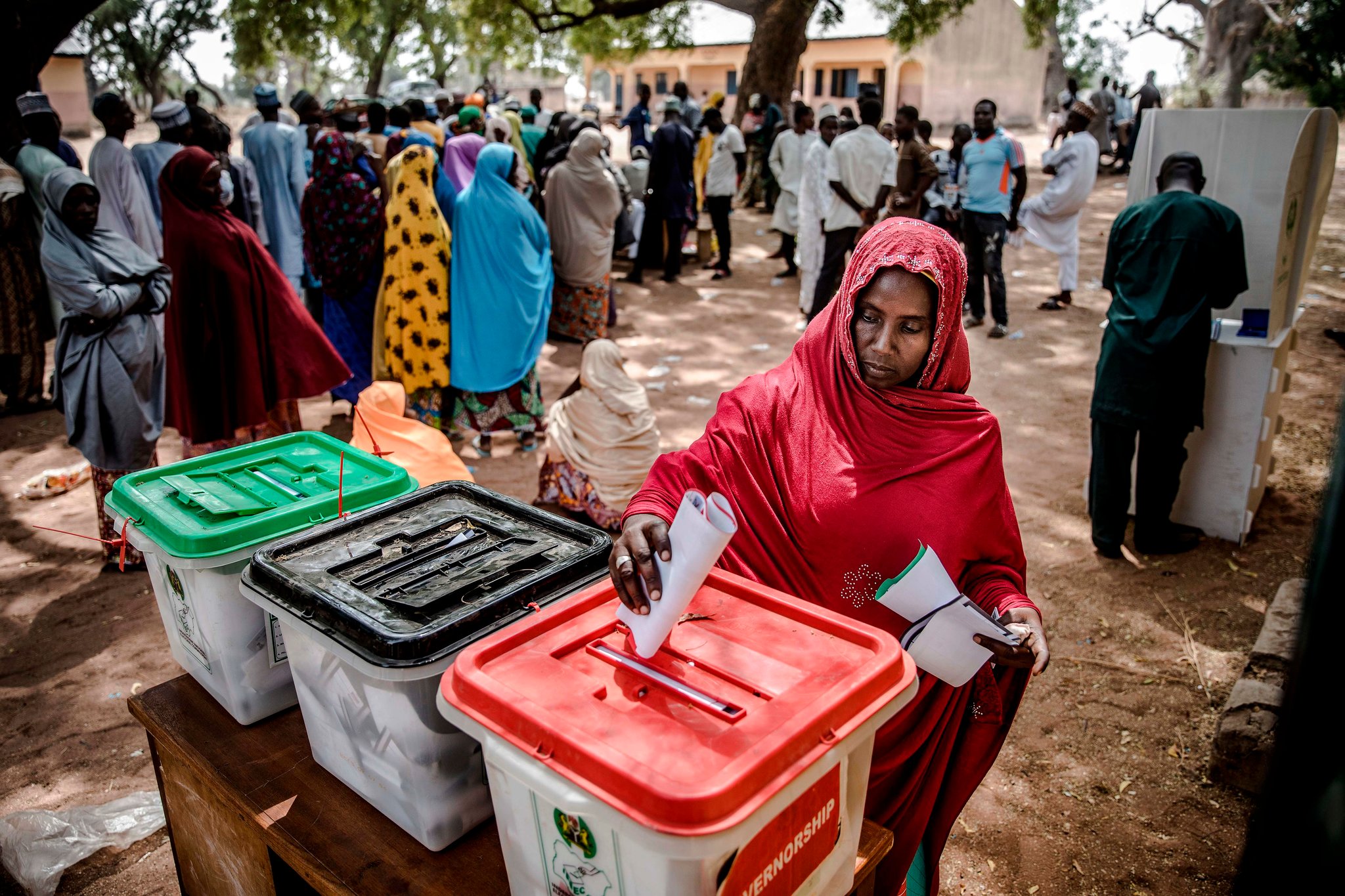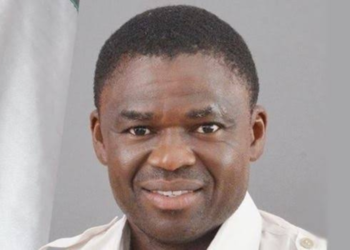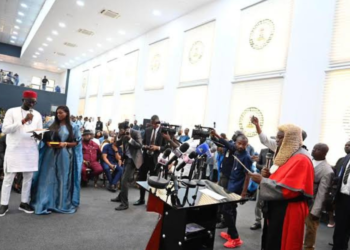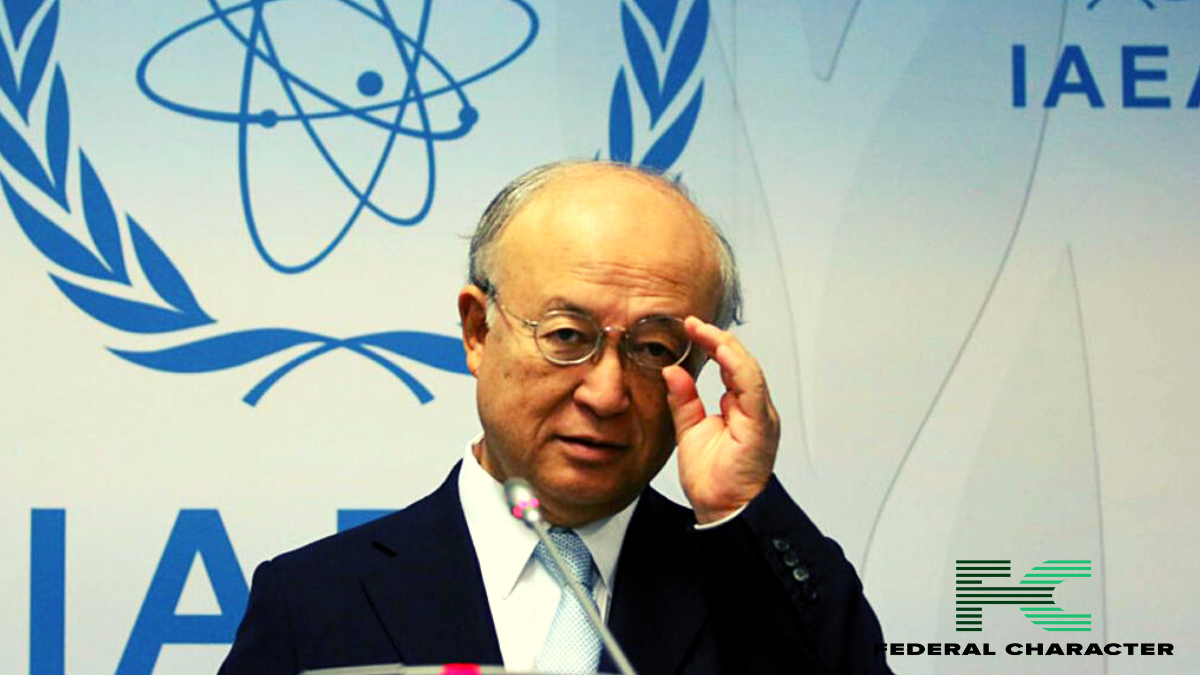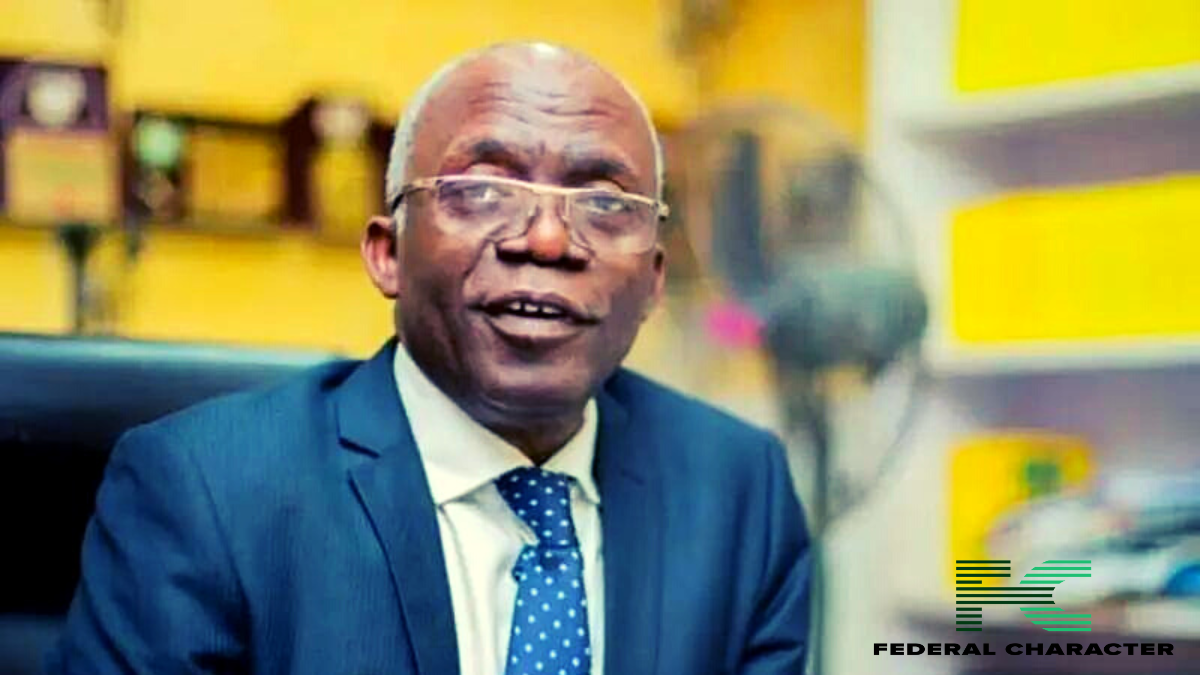One of the intrinsic elements of democracy is holding a free, fair, and credible election. A periodic election is what stands democracy out from other forms of government. It gives the people the power to choose who they deem fit and worthy to lead them and manage their affairs.
As with all things in Nigeria where simple things are made complicated for some vested interests to advance their diabolical and questionable motive, the idea of election in Nigeria, especially as it regards choosing people to manage public affairs, has been bastardised and corrupted.
The Nigerian electoral system can’t be said to be high up there with the near flawless and impeccable system we have in the western and developed world, but what we have here is enough for us to organise a considerably credible and transparent election. The troubles with our electoral arrangement are not a new thing, it’s a pre-independence anomaly that became a norm in post-colonial Nigeria. The political crisis and social upheaval in the western region of yore is an offshoot of electoral malpractice and pervasive rigging.
The situation became even more dispiriting and worrisome when people realise that the safest and fastest way to acquire wealth in Nigeria is through holding public offices. Also, they realise that the current arrangement makes it easy for them to subjugate the will of the people, hence no incentive or whatsoever to disrupt the status quo. Besides, why would they want to upend a system that feathers their nest?
Since returning to democratic rule in 1999, the Independent National Electoral Commission (INEC) over the years has introduced different innovations which are aimed at consolidating our electoral inroads and strengthening our democracy. One of such innovations is the card reader introduced in 2015 which played a vital role in the victory of the current government. This is why many get infuriated when the Buhari government exhibits a body language that sort of scorn at every opportunity to deploy innovation and technology that will strengthen our electoral system. Many even believe that the present administration has done more in reversing our electoral and democratic gains than it’s done building on them.
So many bills have been sponsored and introduced at the national assembly to revamp Nigeria’s uninspiring electoral process, the latest is the 2021 electoral bill. During the consideration of the report on the 2010 Electoral Act ( Amendment ) Bill 2021 submitted by its Committee on INEC, the Senate had in July amended clause 52(3) as recommended.
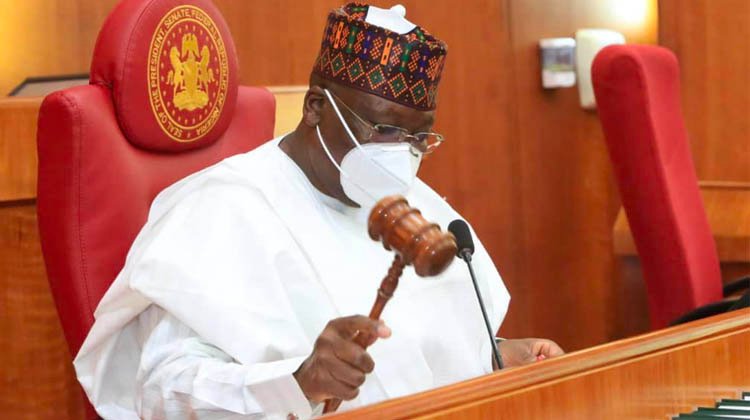
It goes without saying that what the senate intends to achieve with such dubious amendment is to strip INEC of its power to take a unilateral decision on steps and processes it deems imperative for the conduct of free, credible, and fair elections.
The clause as presented by the committee in the report affirms that INEC can transmit election results electronically where and when practicable.
The Senate, on the one hand, had passed the amended version which says “INEC can transmit election results electronically subject to confirmation of Nigerian Communication Commission, NCC, of adequacy and security of national network”.
The House of Representatives, on the other hand, had adopted the clause as originally recommended by the committees of both chambers on INEC.
Expectedly, the senate’s decisions to whittle down the power of INEC were greeted with widespread outrage and condemnation with many saying such amendments of the Committee’s original recommendations is part of an elaborate plan to rig the 2023 election. Subsequently, the two legislative chambers went on recess but the dust raised by the questionable action of the Senate refused to settle, so much so that it became a subject of public discourse for weeks on end.
Upon its resumption, the senate last week rescinded its decision to give the power to determine the adoption of electronic transmission of election results to the Nigerian Communications Commission, NCC. It said it had deleted its controversial clause 52(3) of the 2021 Electoral Bill that subjected transmission of election results by INEC to NCC’s confirmation that there is adequate network and security of national network coverage.
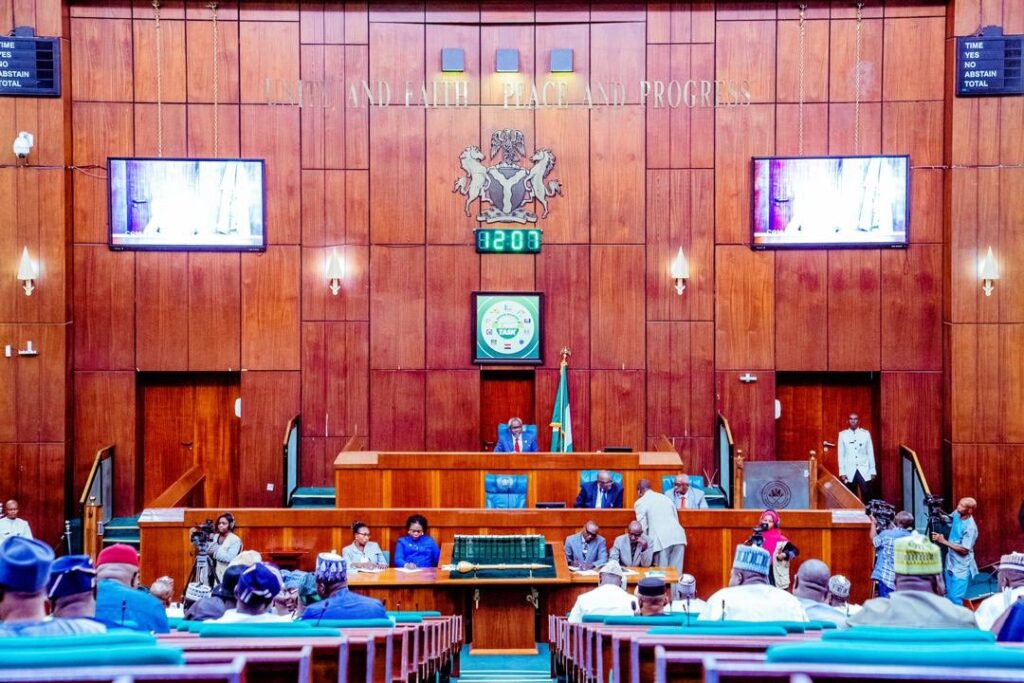
However, basic questions that must be asked are;
What changed for the senators? What happened during their recess that made them change their position on the transmission of election results?
According to a senator, having seen the negative reactions and uproar that greeted their stance on the electoral bill, they met during their recess and had an honest, open-minded, soul-searching deliberation. The senator disclosed that it was during this meeting that common sense prevailed and they agreed that the best thing was to kowtow to the yearning of the people and take decisions that will inspire citizens’ confidence in our electoral system and deepen our relatively nascent democracy.
In the end, commonsense finally prevailed. The lawmakers, of course, knew they acted in bad faith and had to do the needful to redeem what’s left of their battered image.
The development brought massive respite to the citizenry who felt bad by the initial move of the senators. The people eventually have their way. It shows that when a group of people are united in achieving a common goal and advancing their interests, nothing can stop them.

